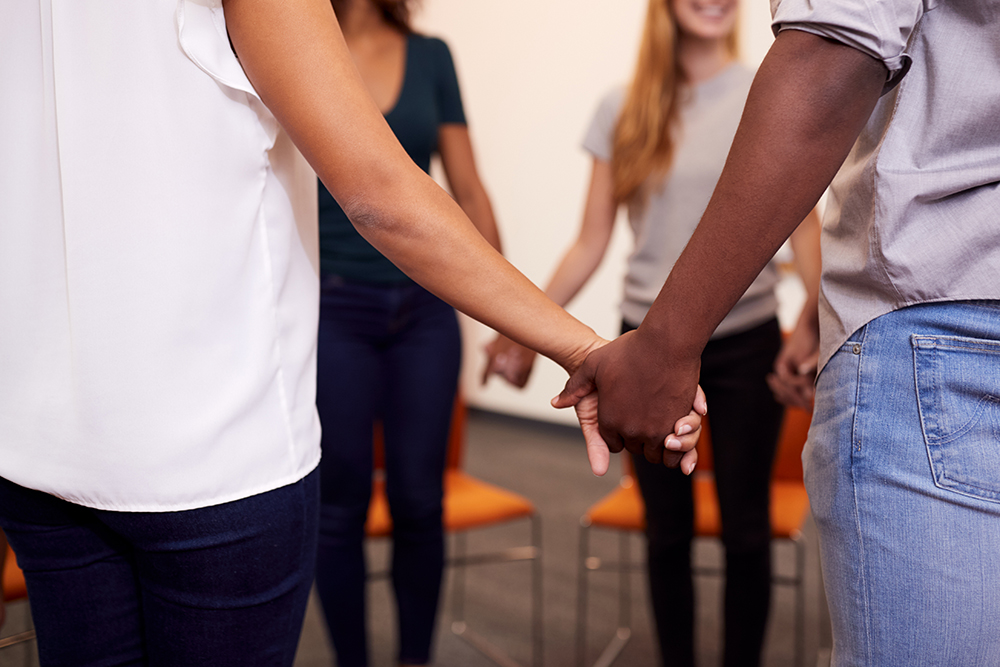Methamphetamine is a stimulant that sometimes brings euphoria but can also result in paranoia and anxiety, along with myriad physical side effects. Some people smoke marijuana, a depressant, in an attempt to fight the ill effects of meth, alleviate the symptoms of coming down from meth, or try and maximize the desired effects of both drugs. Among adults reporting using meth in the last year, almost 70% also used marijuana. Women who find themselves with a substance use disorder involving the use of meth and marijuana should seek help immediately from a compassionate provider who understands addiction and the specific needs of women.
How Canyon Crossing Recovery Can Help With Meth and Marijuana Addiction
Canyon Crossing Recovery helps women with substance use disorders find themselves with integrity and grace. Entering a recovery program is a huge step, and if you take that step, you deserve treatment based on the best scientific evidence available. Polysubstance abuse, or having two drug disorders simultaneously, such as meth and marijuana, deserves the highest level of care. Canyon Crossing Recovery offers several treatments to help you get your life back.
Evidence-Based Therapies
Women often hold negative beliefs about themselves and the world around them, leading to problematic behaviors such as meth and marijuana abuse. Cognitive behavioral therapy is a form of talk therapy in which you learn to change your thinking. When you feel better, you make better choices.
Women in recovery also need treatment that teaches them skills to help tolerate stress, build strong relationships, be mindful, and regulate the emotions that lead to substance abuse. Dialectical behavior therapy at Canyon Crossing Recovery gives you the tools to make lasting changes.
Eye movement desensitization and reprocessing is a cutting-edge treatment that helps women overcome past trauma that may have led to their substance use. A combination of rapid eye movements and one-on-one therapy enables you to confront your trauma and move on.
Adventure Therapy
Women in recovery from meth and marijuana dependence take full advantage of the setting of our Prescott, Arizona, addiction treatment center by participating in tubing, hiking, rock climbing, and other outdoor activities. Learning to take risks healthily and building your self-confidence through outdoor achievements can help you find the person you want to be without substance use.
Gender-Specific Treatment Just for Women
At Canyon Crossing, we recognize that women face challenges in life, such as domestic violence and other past trauma that contribute to their substance use. We only treat women, allowing us to focus on their challenges as a group and as individuals.
Holistic Care
Treating someone for meth and marijuana addiction should focus on healing the body, mind, spirit, and relationships. Our licensed substance use disorder specialists work closely with our holistic care team to ensure you can deal with all aspects of your life that contribute to your recovery.
Get Help Through Women-Based Arizona Addiction Treatment
If you or a loved one need help overcoming multiple addictions, such as meth and marijuana, contact Canyon Crossing Recovery. We offer comprehensive long-term treatment for women to help show them that there is another life outside of drugs and alcohol and that they deserve to live it to its fullest.



